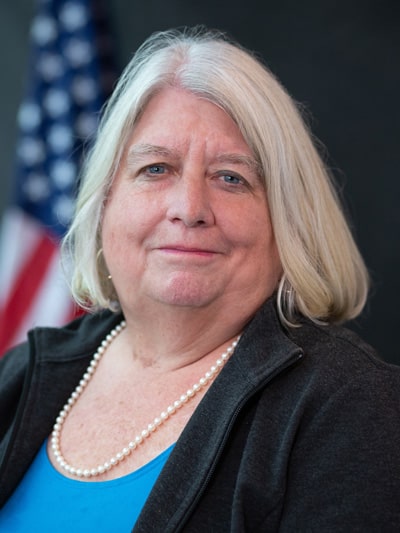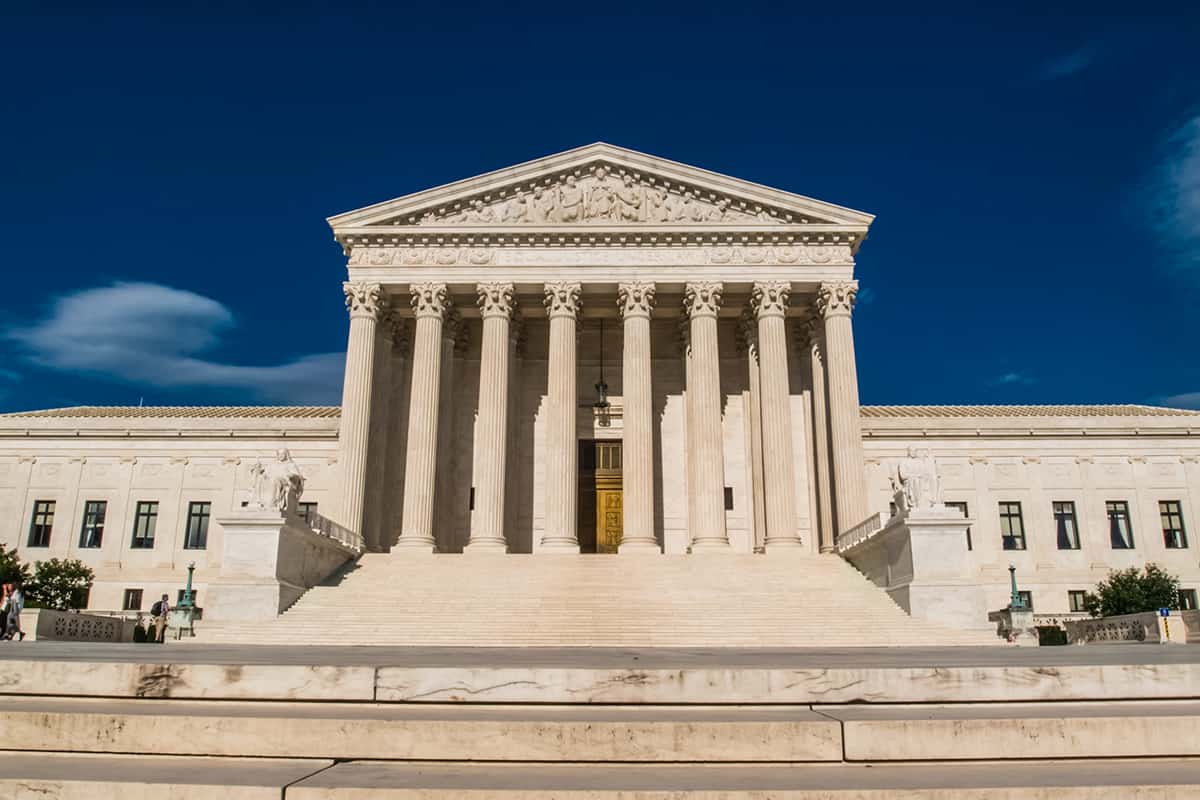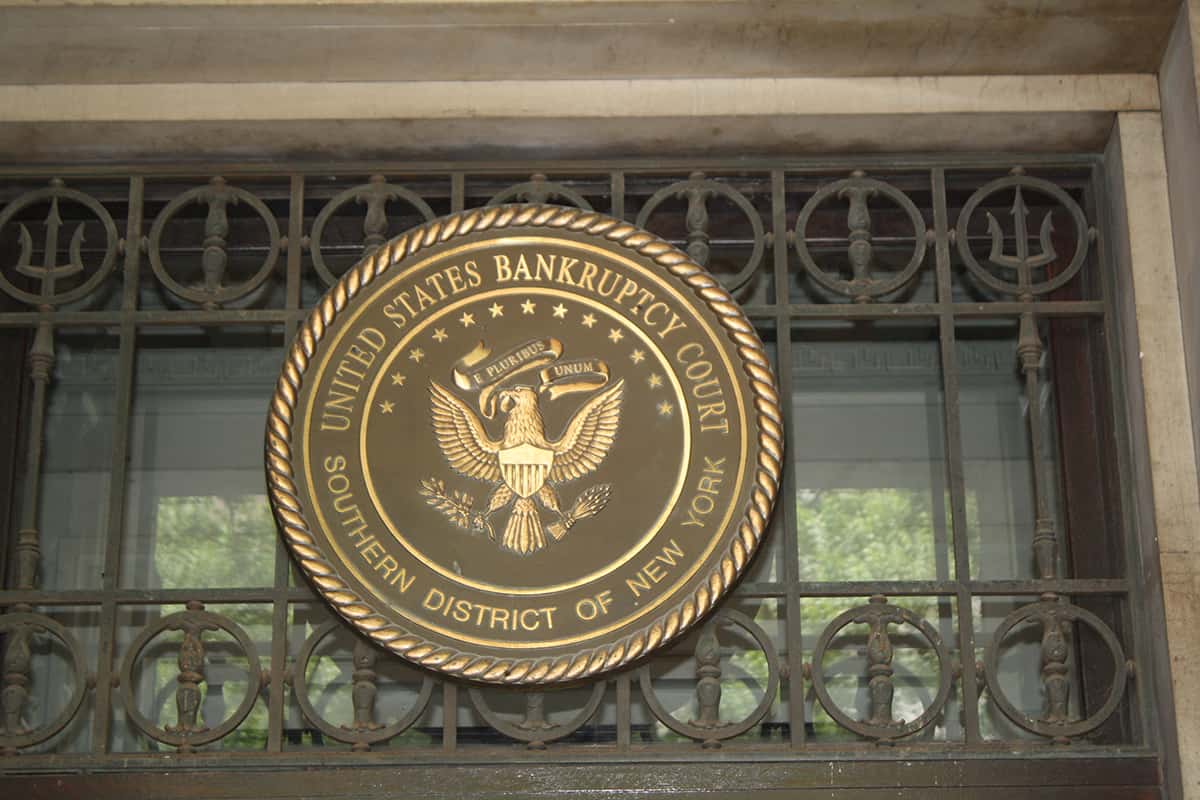-
 Bankruptcy and State Defensive Litigation Chief CounselNational Association of Attorneys General
Bankruptcy and State Defensive Litigation Chief CounselNational Association of Attorneys General
The Bankruptcy Code (title 11 of the United States Code) provides numerous protections for debtors when they file a bankruptcy petition. Those protections include an automatic stay of “any act to obtain possession of . . . or to exercise control over property of the estate.” §362(a)(3). Section 542(a) of the Code states that a creditor “shall deliver to the trustee” any property of the estate, but subject to a proviso that guarantees that a party holding an interest (such as a lien) in estate property is entitled to “adequate protection” of that interest before the creditor can be required to allow the debtor to use that property. § 363(e).
In its recent decision, City of Chicago, Ill. v. Fulton et. al, No. 19-357 2021 WL 125106 (U.S. Jan. 14, 2021), the U.S. Supreme Court discussed how those provisions should be reconciled. The City of Chicago had a program under which it would impound vehicles of drivers who had accumulated a significant number of unpaid traffic and/or parking violations. Fulton and other debtors filed Chapter 13 petitions (which are set up to allow debtors to pay off some or all of their obligations over time) and requested that their cars be returned immediately. The City refused to do so, in large part because its statutory lien on the vehicles was a possessory lien that, the City asserted, would be lost if it returned the vehicles. The bankruptcy court and the Seventh Circuit held that the City’s actions violated the automatic stay. The issues addressed by the Supreme Court were whether mere “retention” of property lawfully seized before the petition date was an “act to . . . exercise control” over that property, and whether the creditor had an affirmative duty to turn over the vehicles after the Chapter 13 filing under Section 542.
The case aroused considerable amicus interest with briefs in support of Chicago filed by the United States, the International Municipal Lawyers’ Association, the National Association of Counties, the National League of Cities, the United States Conference of Mayors and other governmental groups, all of which argued that, as a matter of statutory construction, retaining possession was not an “act,” that Section 542 language was not self-executing, and that, to regain their vehicles, debtors must file an “adversary proceeding,” which is largely akin to a non-bankruptcy complaint. The debtors, on the other hand, did not lack for supporters. They were represented by Eugene Wedoff, a recently-retired and very highly respected bankruptcy judge from Illinois, and had several amicus briefs filed on their behalf including by the National Associations of Chapter Thirteen and Bankruptcy Trustees, the National Consumer Bankruptcy Rights Center, and several well-known bankruptcy law professors.
On the merits, the Supreme Court ruled unanimously in favor of the City based on a straightforward statutory analysis. In large part, it started and ended with the idea that the word “act” is normally thought to require that something affirmative occur, not just a maintenance of the status quo. It further held that the turnover provisions in Section 542 were not automatically self-executing, because there needed to be a method for the creditor to demand the adequate protection that it was entitled to under Section 363. There were no dissents, but there was a concurrence by Justice Sotomayor that focused on the practical crux of the problem here – i.e., that, while she agreed with the Court that the City had the better of the bare legal argument, Mr. Fulton and his supporters had a strong argument on the real-life consequences aspect of the dispute.
The basic problem is that while filing an adversary proceeding may not be overly burdensome for a business seeking to deal with a lien on a major piece of equipment, it is likely to be quite difficult for individuals in Chapter 13 to come up with the additional funds necessary for such a hearing – just as they could not find the money to pay the fines in the first place. As a result, they may have no way to regain their vehicles for an extended time and, absent those vehicles, they often may not be able to reach their jobs, earn their wages, or comply with their proposed Chapter 13 plan payments. If so, and if their case fails, the result can leave all creditors, including the City, worse off, Justice Sotomayor noted. The City and its other governmental supporters, on the other hand, argued that the alternative reading Mr. Fulton and his supporters suggested, under which the government should be required to file emergency motions in each case to obtain protection for its interests, is not very workable either.
Justice Sotomayor closed with a very sensible conclusion: “Ultimately, however, any gap left by the Court’s ruling today is best addressed by rule drafters and policymakers, not bankruptcy judges.” The Rule Committee could consider specific treatment to speed up and/or simplify this category of small asset turnovers and Congress too could enact a statutory fix, tailored to this particular problem. Until then, this ruling leaves creditors in general and governmental entities in particular with two statutory construction holdings that provide them with significant benefits going forward.
Additional Resources
Discover the role of attorneys general in bankruptcy enforcement.





